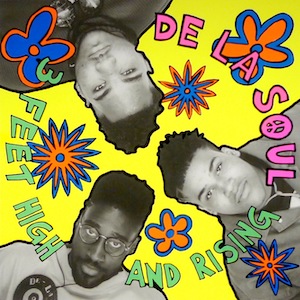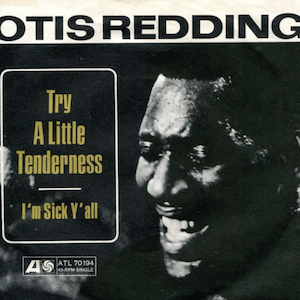BREEZE; California Soul
By Renee Umsted
It’s October 1962. The car radio is on during the drive home after a long day at work. It’s only Monday; the weekend is nowhere in sight. Everyone is talking about the war in Vietnam, or the economy, or some other hard-hitting topic. But then a song called “Surfin’ Safari” starts playing, and the harmony replaces the melancholy. For a minute, the exhaustion and stress fade away.
That’s the power of music. For The Beach Boys, creating songs like “Surfin’ Safari” that transport listeners to a warm, sunny day at the coast was a breeze. Trying to battle rush-hour traffic or sitting next to a screaming baby on an airplane–it doesn’t matter when or where their songs are heard; the tunes instantly lighten up the day and make people long for a weekend somewhere in Southern California.

Founded in Hawthorne, California, in 1961, The Beach Boys started out as a five-member band consisting of brothers Brian, Carl and Dennis Wilson, their cousin Mike Love, and a friend from school, Al Jardine. Evoking memories of surfing and a laid-back beach life, the band’s songs have brought positive thoughts to people’s minds for decades. Harmonies fill tracks in each album, marking the group’s distinct and iconic sound.
Their best-known songs include “Good Vibrations,” “Wouldn’t It Be Nice” and “California Girls,” but the band has also released a Christmas album with classics such as “Santa Claus Is Comin’ To Town” and “White Christmas.” In 2012, The Beach Boys recorded an album called That’s Why God Made the Radio, which was, in part, a tribute to the dead members of the band. The living men, now in their 70s, still tour.
The Beach Boys are a great example of vocal surf music, but there is another category: instrumental. Dick Dale, known as the “King of the Surf Guitar,” is perhaps one of the best-known artists in this genre, with hits such as “Let’s Go Trippin'” and “Miserlou,” the opening theme for Quentin Tarantino’s 1994 film Pulp Fiction.
Dale, whose parents were Lebanese and Polish, was influenced by music from the Middle East and Eastern Europe. When he was young, his family moved to Southern California, and he began surfing. This activity inspired his music, as he wanted to imitate on his guitar the sounds of surfing, as well as the feeling of the sport and the ocean. Dale already had an audience made of his surf friends, but his fan base grew, and thousands of people came to watch him play alongside his back-up band, the Del-Tones.
In 1961 he released the first recorded surf instrumental single, “Let’s Go Trippin,'” and the next year he released the Surfer’s Choice album, which is recognized as surf music’s first album. Dale gained national attention and signed record contracts, but the British Invasion overtook the music genre in 1964, and in 1965 Capitol Records dropped him.
Surf music definitely has a specific sound, but arguably more important than that to its identity is the feeling it conveys. A few years after The Beach Boys was formed, a man named Jimmy Buffett released an album called White Sport Coat and a Pink Crustacean. As the Key West resident became more popular, he gained a loyal, Hawaiian-shirt-wearing fan base that called themselves Parrot Heads. With the 1977 album Changes in Latitudes, Changes in Attitudes and its legendary song “Margaritaville,” the establishment of Jimmy Buffett as an icon was complete.
An entrepreneurial businessman, Buffett has authored books, opened a series of retail establishments called “Margaritaville Store & Cafe” and owns a chain of resorts located throughout the United States and the Caribbean. He is not just an important figure in the development of folk-pop music during the 1970s. He represents a lifestyle and a brand, and he is also an environmentalist, a co-founder of the Save the Manatee club.

Although Buffett’s music sounds different from that of The Beach Boys and Dick Dale, its impact on the listener is similar. Even today, reggae music–which has become the first choice for adherents of surf culture–has a distinct tune but still is filled with mellow beats and gives off tropical vibes. Regardless of the time period or the artist, surf music instantly relaxes those who hear it and introduces them to a carefree, easy-breezy life.





